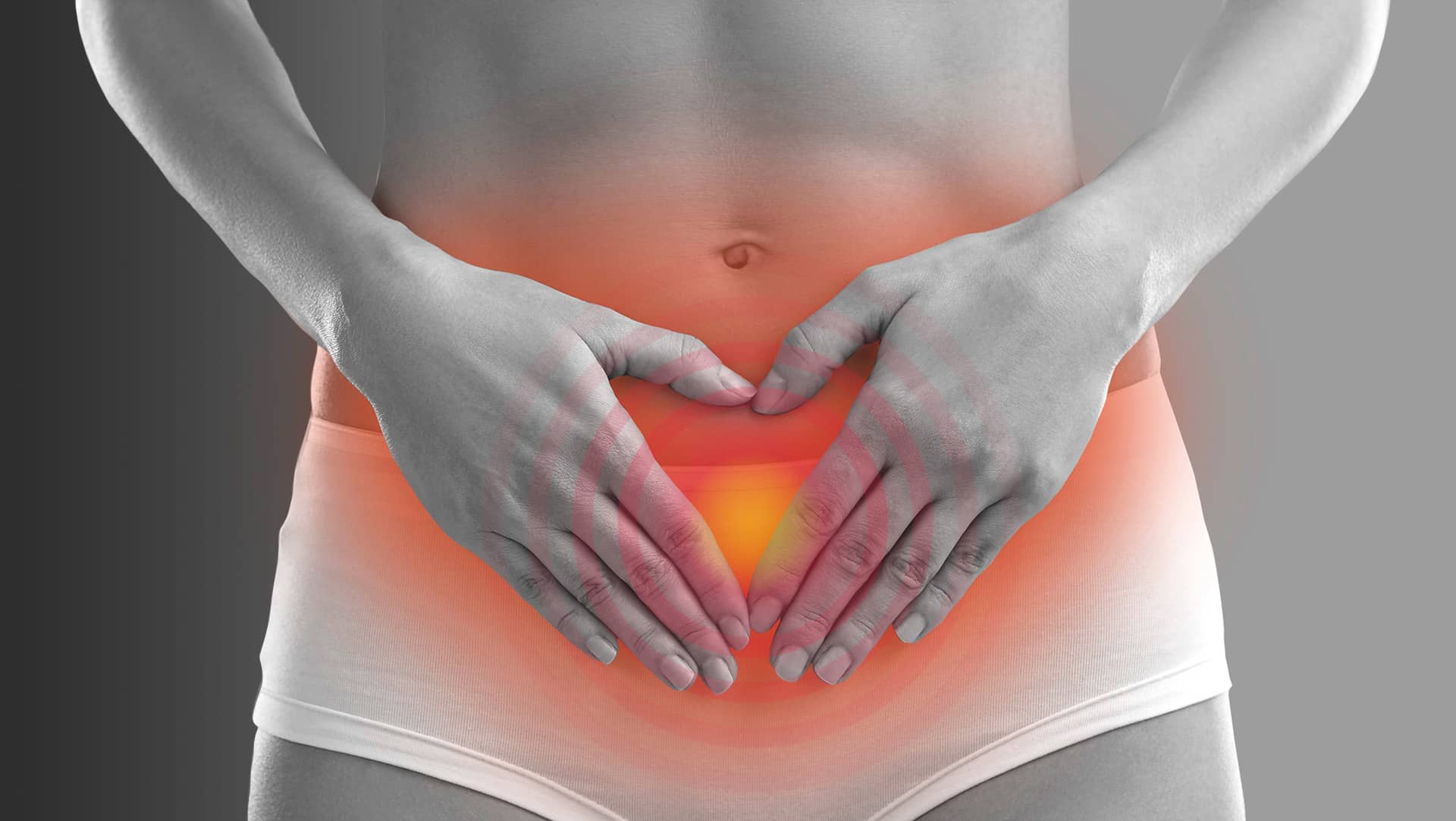Varicose Veins
Spider Veins
Uterine Fibroid Disease: Causes, Symptoms, and Treatments

Uterine fibroid disease can impact your quality of life, leading to persistent pelvic pain, heavier periods, frequent urination, and back pain. That’s why we offer minimally invasive uterine fibroid treatments, such as uterine fibroid embolization, at our state-of-the-art clinics in Midtown Manhattan and Clifton NJ.
What is Uterine Fibroid Disease?
Uterine fibroid disease refers to the development of non-cancerous tumors, known as fibroids, within the uterus. These fibroids can range significantly in size, from microscopic nodules to large, bulky masses that distort the uterus.
Fibroids can develop in different locations, such as embedded within the uterine wall (intramural fibroids), projecting outward from the uterus (subserosal fibroids), or protruding into the uterine cavity (submucosal fibroids). Rarely, fibroids may develop on stalks extending from the uterus (pedunculated fibroids). While fibroids are generally benign and not life-threatening, they can lead to a wide range of symptoms when left untreated. Early diagnosis and treatment are essential to manage these growths effectively and prevent worsening symptoms.
What Causes Fibroid Disease?
The exact cause of uterine fibroid disease remains unknown, but several factors contribute to their development:
- Hormonal imbalances, especially estrogen and progesterone levels
- Genetic predisposition to fibroid growth
- Environmental factors, such as diet and stress
- Obesity or being overweight
Common Symptoms of Fibroid Disease:
- Heavy or prolonged menstrual bleeding
- Pelvic pain or pressure
- Frequent urination or difficulty emptying the bladder
- Constipation or rectal pressure
- Pain during intercourse
- Lower back pain or leg discomfort
- Abdominal bloating or swelling
- Difficulty conceiving or pregnancy complications
Nationally Recognized
Vein Specialists
Uterine Fibroid Treatments

Uterine Fibroid Embolization (UFE): The best treatment for Uterine Fibroid Disease
Traditionally, the most common treatment for uterine fibroids was surgery, such as myomectomy or hysterectomy. However, Uterine Fibroid Embolization (UFE) is a better option for many patients because it is minimally invasive, has a shorter recovery time, and effectively reduces fibroid symptoms without the need for major surgery.
UFE effectively treats uterine fibroids without requiring major surgery. It is performed by a highly trained vein doctor. UFE begins with inserting a thin catheter into the femoral artery, typically accessed through a small puncture in the groin. Guided by advanced imaging techniques such as fluoroscopy, the catheter is guided to the uterine arteries supplying blood to the fibroids.
Once positioned, the doctor injects biocompatible, grain-sized embolic particles into the blood vessels. These particles block the arteries feeding the fibroids, cutting off their blood supply. Without adequate oxygen and nutrients, the fibroids gradually shrink and soften and lose their ability to cause symptoms. Importantly, the procedure spares the healthy uterine tissue, allowing the uterus to maintain its normal function. The outpatient procedure generally lasts 1 to 2 hours, and most patients can return home on the same day.
Advantages of uterine fibroid embolization:
- Minimally invasive procedure
- Preserves the uterus and fertility
- Shorter recovery time than hysterectomies or myomectomies
- Fewer complications than surgery
- Reduced uterine fibroid pain and symptoms
- High success rate in symptom relief
Possible Consequences of Untreated Fibroid Disease
If left untreated, uterine fibroid disease can lead to worsening symptoms and complications, significantly affecting your health. Fibroids can grow larger over time, exacerbating the severity of your condition and creating additional challenges. Possible consequences include:
- Severe anemia from prolonged or heavy bleeding
- Chronic pelvic pain and discomfort
- Fertility challenges or recurrent miscarriages
- Increased risk of needing a hysterectomy
- Reduced quality of life due to persistent symptoms
- Potential interference with other pelvic organs
Why visit the Vein Treatment Clinic for uterine fibroid care?
At Vein Treatment Clinic, our highly trained doctors specialize in minimally invasive treatments such as uterine fibroid embolization. We offer state-of-the-art care at our Midtown Manhattan and Clifton NJ locations and provide hassle-free insurance verification to help you navigate your options.
With effective uterine fibroid treatments like uterine fibroid embolization at Vein Treatment Clinic, you can find the relief you need. Most of our treatments, including UFE, are covered by medical insurance, and we’re here to help you explore your options. Visit your nearest vein clinic to learn more about our solutions.
Don’t let pelvic pain rule your life. Schedule an appointment at Vein Treatment Clinic today.
Vein Treatment FAQ
Give us a call at (844) 690-1788







